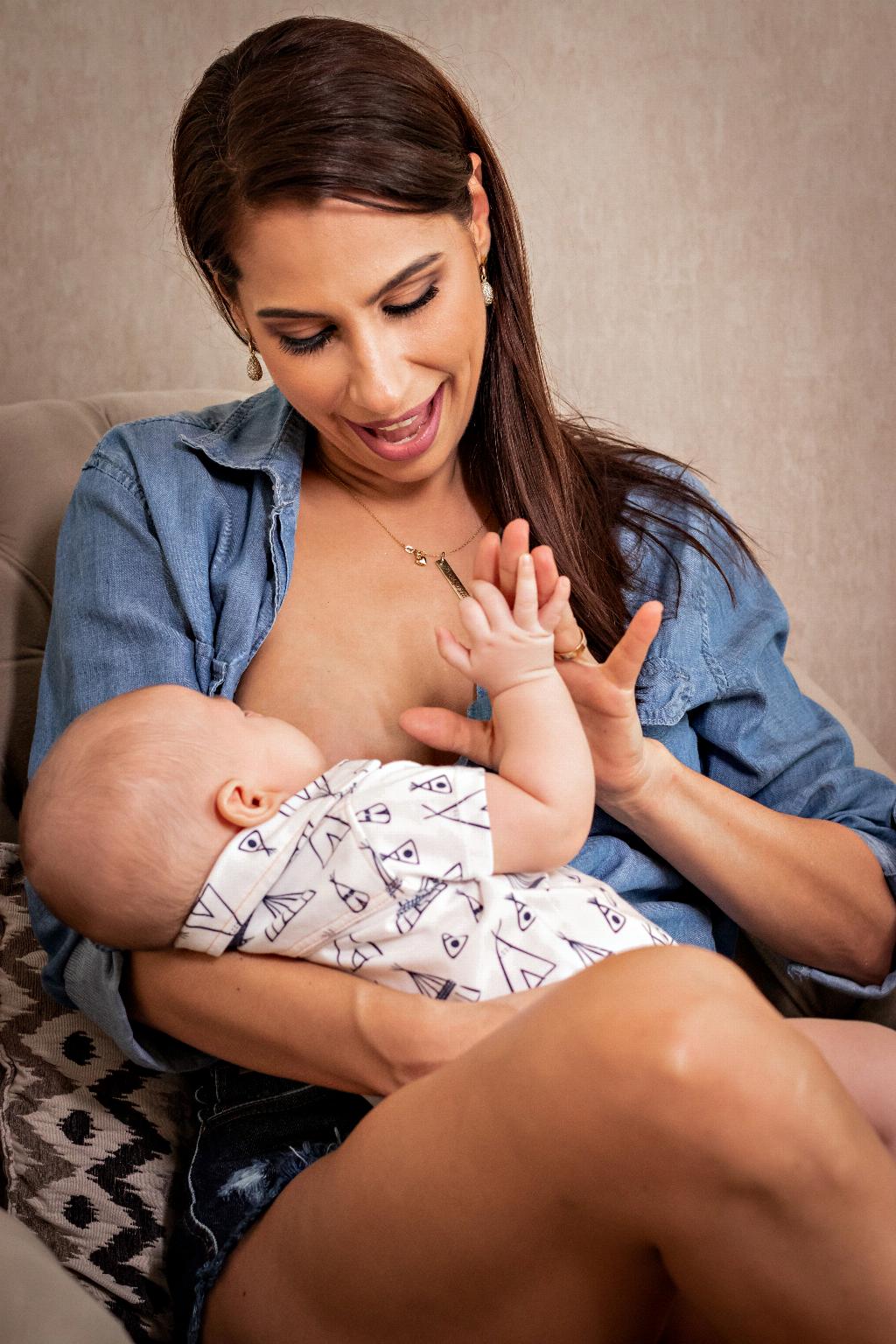For many new mothers, the decision to breastfeed is a major step towards providing their baby with the best start in life. However, for mothers who smoke, the question of whether it is safe to quit smoking while breastfeeding can be a difficult one to navigate. There is a common misconception that quitting smoking while breastfeeding may have harmful effects on the baby. In reality, the benefits of quitting smoking far outweigh any potential risks.
Research has shown that continuing to smoke while breastfeeding can expose your baby to harmful chemicals and toxins through breast milk. Nicotine, carbon monoxide, and other harmful substances from cigarettes can pass into breast milk and affect your baby’s health and development. By quitting smoking, you can significantly reduce your baby’s exposure to these harmful substances and create a healthier environment for them to grow and thrive.
One of the main concerns for mothers who smoke is the potential impact of nicotine withdrawal on their breastfeeding journey. It is important to note that the symptoms of nicotine withdrawal are usually mild and temporary. While you may experience some discomfort or mood changes as your body adjusts to being smoke-free, these symptoms are manageable and should not deter you from quitting smoking.
Quitting smoking while breastfeeding can have numerous benefits for both you and your baby. Studies have shown that babies breastfed by mothers who smoke are at a higher risk of respiratory infections, colic, and other health issues. By quitting smoking, you can reduce these risks and help protect your baby’s health. Additionally, breastfeeding has numerous health benefits for both mothers and babies, and quitting smoking can help you fully enjoy the bonding experience that breastfeeding provides.
Many mothers worry about the impact of smoking cessation medications on their breastfeeding journey. While some medications may not be ideal for use during breastfeeding, there are alternatives that are considered safe and effective. It is always best to consult with a healthcare provider before starting any smoking cessation therapy to ensure that it is safe for you and your baby.
It is also important to remember that quitting smoking is a gradual process, and it is okay to seek support and guidance along the way. Quitting smoking can be challenging, but with the right resources and assistance, you can successfully become smoke-free and create a healthier environment for your baby. Support groups, counseling, and nicotine replacement therapy are just a few of the options available to help you on your journey to a smoke-free life.
By quitting smoking while breastfeeding, you are taking a major step towards improving your own health and the health of your baby. The decision to quit smoking is a powerful one that can have lasting positive effects on both you and your baby’s well-being. While the process may be challenging, the benefits of quitting smoking far outweigh any temporary discomfort or struggles you may face along the way.
In conclusion, it is safe and highly advisable to quit smoking while breastfeeding. By quitting smoking, you are not only protecting your baby from harmful chemicals and toxins, but you are also setting a positive example for them as they grow. Your decision to quit smoking is a powerful one that can have far-reaching benefits for both you and your baby, both now and in the future. Remember, you are not alone in this journey, and there is support available to help you every step of the way.

